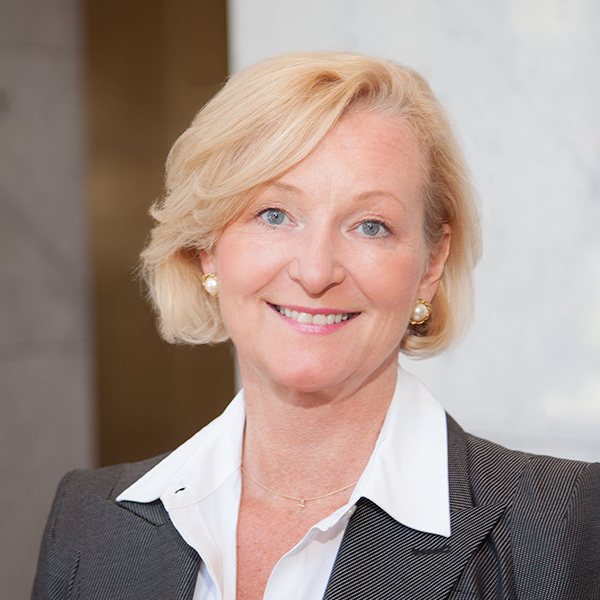
Video | May 2018
The Board's Role in Culture: Corporate Values
The final installment of our four-part series with NACD BoardVision explores how and to what degree boards must monitor the overall corporate culture
Transcript
Dave Swinford: I think that some of the issues around culture have been around for a while, but they've only come up when there is a very negative incident—Enron, Adelphia, WorldCom, all of which occurred within a couple of years of each other and actually changed the face of corporate America through subsequent legislation. But we're now starting to see it with some other recent examples of high publicity situations where companies’ reputations have been damaged because someone has maximized their compensation result at the expense of customers or employees. And I think that we're starting to see a greater recognition that we have to find a way as boards to keep a pulse on culture and understand what is going on. There's a lot of data available now, we're in a world of big data. And so I think boards are working to it figure out, and this is being done at the compensation committee level, because it deals with the evaluation of performance. Boards are working to figure out how can we use data, how can we collect information so that we can keep a finger on the pulse of the culture for the long term to prevent future problems, but also to create better, more competitive organizations that are more flexible and more capable of dealing with rapidly changing circumstances.
Phyllis Campbell: Another change, maybe, for compensation committees, to your point, is we used to say, as directors, and I think it's still true, nose in, fingers out. But I think now it's more, nose in, nose in. Yeah, still keep the fingers out, but the additional nose in is to ask yourselves how did you get those results? Is it in alignment with the culture? So I think the important thing is really for directors to have inquisitive minds about the means to the end. How did we get the results? How did that employee group get those results that may be an outlier to other peer groups? And that didn't used to be the case with boards. I think it is now. Jan Koors: So, my question was going to be, as a follow up, to both of you but I'll start with you, Dave, is we're talking about that culture issue and we've been talking about it as something that resides in the comp committee. Is it really a comp committee thing or is it a larger board thing? Who owns the oversight of culture?
Dave: Oh, I think the board owns the oversight of culture. The board owns the oversight of most things, but the reason why the board owns the oversight of culture is that the consequences of a cultural problem impact all of the board members because it impacts the long-term future and health of the company. So we talk about it at the compensation committee level because we assign most of the digging and the deep work and the investigation, as well as the limiting of the possible outcomes and choices and developing recommendations, to a committee. And culture is the product of human behaviors and the humans are the subject of the comp committee. So, I think that's where work gets done, but the board has to be vitally interested. They can't let go of that. They need to see it just like they need to see the results of the succession analysis and the planning process.
Jan: Phyllis, would you agree with that?
Phyllis: Totally agree. I would say the board is so much more involved than ever before in almost every aspect of things related to reputational risk. And, as Dave's saying, culture or breaches of culture can cause the company to halve its market cap in literally, you know, a few months as we've seen in recent incidents. So I think the important thing is to really make sure that the committees do the deep work, such as the compensation committee and the analysis, but at the end of the day you've got to have your finance committee checking on the results, your audit committee, you’ve got to have the whole board asking itself, "Is this the kind of plan that we want, that incents the behavior that we want, that's in alignment with our strategy and certainly, what's the risk?" So, to me, the full board needs to be involved in that discussion.
Jan: Phyllis, Dave, what a great discussion. Great insights. On behalf of NACD's BoardVision and Pearl Meyer, I want to thank you again for your time. Hopefully the members who are watching the video will find it as helpful and interesting as I did.
